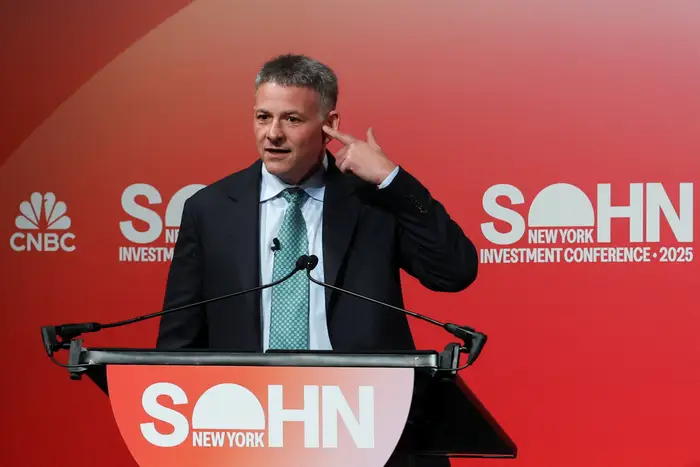Under Microsoft’s new employee performance ratings, exceeding expectations can still land staff below ‘exceptional,’ document shows

- Microsoft has a new performance rating system for managers to determine employee pay.
- Employees can get a mid-range “successful” rating even if they exceed some expectations.
- The new system comes after Microsoft in May paused raises and cut its budget for bonuses.
According to internal documents obtained by Insider, employees can exceed some expectations while still falling short of a “exceptional” rating under Microsoft’s new performance ratings.
This year, Microsoft introduced new performance ratings called “impact descriptors,” which are used to determine pay. Only managers can see the new ratings, which include “Lower Impact Than Expected (LITE),” “Slightly Lower Impact Than Expected (SLITE),” “Successful Impact,” and “Exceptional Impact.”
“Successful impact” is defined in a rubric explaining the new ratings as when an employee consistently delivered against all expectations, likely exceeding some of them.
Insider viewed a guide for managers that explains why the definition of successful impact includes exceeding some expectations.
“Microsoft has an ambitious mission, and our customers and partners have high expectations for us that grow each year,” according to the guide. “As a result, it’s critical that our performance and development approach reinforces a growth mindset and the need to constantly grow and improve our impact, thereby benefiting our team, business, and customer results.” As a result, we have high expectations for our employees’ performance.”
Successful impact differs from exceptional impact in that the latter requires “demonstrating sustained, meaningfully higher impact relative to all core priorities,” according to the document.
According to a Microsoft spokesperson, “successful” is still a high rating, and Microsoft has always expected high performance.
The new system comes after Microsoft suspended raises and reduced its budget for bonuses and stock awards in May. At the time, Microsoft Chief People Officer Kathleen Hogan directed managers to give fewer employees “exceptional rewards,” which meant a high performance rating that led to higher pay and bonuses. “More will need to be at the middle of the range,” Hogan explained in an email.
Microsoft also instructed managers not to discuss the budget cuts with employees during performance evaluations. According to a document obtained by Insider, managers should not use budget cuts as a “explanation” for compensation decisions for individual employees, but rather emphasize that the employee’s own “impact” determines “rewards.”






